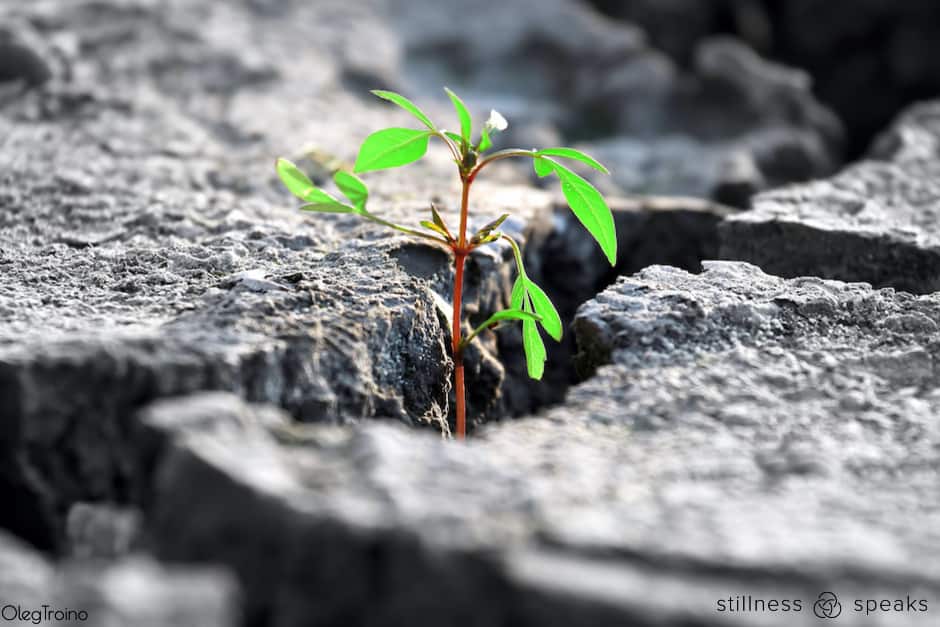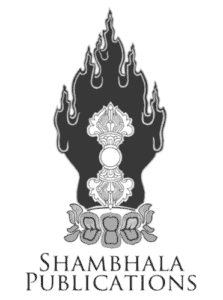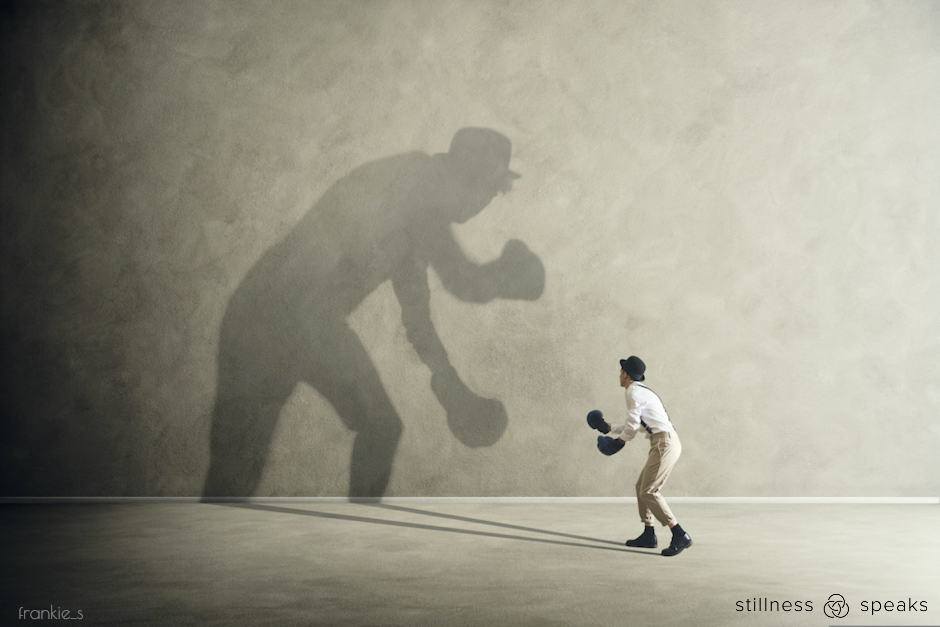mind training: “… These lojong teachings are about how to take everything, especially adverse circumstances, onto the path. … about developing … the qualities that will help with whatever happens to us in our lives as our practice … We are training so that we don’t respond unskillfully with negative reactions but instead with understanding and compassion …“ ~ Jetsunma Tenzin Palmo
Imagine training our minds so we are (mostly, if not) always responding with understanding and compassion!
That singular act would radically transform humanity … peace and unity would become the norm vs our sad reality of ever increasing divisiveness and conflicts (within ourselves and with others) … ‘course, in practical terms such a transformation would require the training to be undertaken, consciously and earnestly, “at all levels” : individual to collective, family to society … and all societies across the globe.
Regardless of the practical issues, the natural question might be: is such a training real?
Indeed, it is … and has been around since the eleventh century as part of the ancient tradition of Tibetan Buddhism … and … for those who are new to our site …
We started our mini-exploration of mind training in Part 1 of a 3-part series on the Tibetan practice of lojong – which literally means mind training – through Jetsunma Tenzin Palmo’s recent book The Heroic Heart: Awakening Unbound Compassion … so please read that part for the series’ background and more … for now, below are some of Tenzin Palmo’s key “summations” of this practice (from her book):
… {lojong} practice really has more to do with training our attitude, training us out of the habitual ways that we respond to situations that happen to us, especially adverse circumstances …
… These lojong teachings are about … how to bring the difficult circumstances in our life, our own mental defilements that give us so much trouble and the problems caused by others, onto the path …
… lojong practice {is} taking suffering on the path and using it to develop compassion and empathy. Usually when we suffer we are caught in our own dungeon of misery, and this practice opens the doors and the windows, allowing us to reach beyond ourselves.
… The real message of lojong is that even difficulties can be helpful and useful. We gain inner strength from recognizing that all the challenges that we face are a means for us to spiritually progress and to inwardly mature.
… in Part 1, we explored an everyday real life issue that plagues most of humanity: how to be kind when wronged with the excerpt of the entire chapter Showing Kindness When We Have Been Wronged where Jetsunma Tenzin digs into the “why/what” about showing kindness under such circumstances …
… and in this part 2, Tenzin Palmo shares her thoughts on how we can Embrace Adversity (via a chapter titled as such) … and use it “… for our spiritual progress toward inner transformation …” …
It is important to note that even though lojong is a Buddhist practice, one does not have to be a Buddhist to learn it and use it to navigate life’s real thorny issues (as we noted in Part 1): from broad ones to more specific ones.
This post is part of our ongoing Shambhala Publications series that offers substantive previews of selections from Shambhala Publications new and classic titles …
All italicized text in this post (except as noted) is adapted from The Heroic Heart: Awakening Unbound Compassion © 2022 by Jetsunma Tenzin Palmo. Reprinted in arrangement with Shambhala Publications, Inc. Boulder, CO. Shambhala Publications has also generously offered a free downloadable PDF of the Table of Contents (link is at the bottom of the post).
You can purchase the book at Shambhala Publications or Amazon.
Mind Training (Lojong): Embracing Adversity
If someone driven by great desire
Seizes all my wealth, or induces others to do so,
To dedicate to him [or her] my body, possessions,
And past, present, and future merit is the practice
of a bodhisattva.
IN VERSE 12, the text follows through with a discussion of adversity. When cruel things happen to us, especially when we don’t think we deserve them, how should we respond in order to carry this adversity onto the path? Tibetan Buddhism emphasizes taking everything onto the path and not discarding anything, even those things we see as big obstacles and problems, which make us think, I would be a much better practitioner if only . . .
Everything has to be used. It is like vegetable peelings. Instead of just discarding them as useless, we can mulch them and make them into compost that helps all the flowers and vegetables to grow even better. Likewise, rather than discarding the obstacles and problems in our lives, we can make use of them in our practice because the understanding is that if things always go too smoothly, we can be lulled into thinking that we are much more advanced practitioners than we actually are. If everyone is lovable, it is easy to be loving. Of course we want people to be friendly and kind to us, but the problem is that if we are only meeting with kindness and friendliness, it can make us think that we have no problems inside—I’m always so kind and friendly. This can give us a false idea that we have overcome anger, that we have overcome jealousy, that we have overcome feeling hurt, but this might not be true. Often these afflictive emotions are lying latent inside us still, only to come surging right back up when we meet with adverse people or circumstances.
However, instead of feeling upset either at the person causing this negative reaction, or at ourselves for feeling angry, we think, Oh good, this person is so obnoxious. What a wonderful opportunity! Now I can really practice. Thank you so much for showing me how much work I still have to do. You really are my teacher. I didn’t notice how sensitive I was about that and you have shown me. I’m really very grateful to you for that.
So instead of regarding somebody who is annoying or hurtful as being the enemy, as being somebody antagonistic to us, and then getting all upset and angry, we might recognize that actually this has given us a great opportunity. It helps us to see ourselves much more clearly—what work needs to be done still and at the same time the opportunity to get to work on the remedy.
Just changing our attitude can change everything. We can regard situations that once seemed so difficult as being a great spiritual opportunity for us to develop and learn. Again, it is like going to a gymnasium and being faced with a machine that is challenging and designed to test our muscles. We don’t resent that machine; rather, we are grateful to it for showing that we need to do a lot more work. We don’t start kicking the machine and getting all upset because it is difficult. We think, Wow, this is giving me a really good workout, and we come out covered in sweat and feeling fantastic. This practice of lojong is a workout in the spiritual realm that really challenges us, but the resulting inner strength is truly profound.
When we come across people who create difficulties for us or who shame us, there is this sense of me that comes across quite strongly: They are insulting me, humiliating me, cheating me. That sense of me that is so strong at those times can be helpful, because we see clearly what we are dealing with. If there were no me, there then where would the problem be? There wouldn’t be any problem. Dilgo Khyentse Rinpoche lucidly points out:
To practice in such a way also helps to eradicate your belief in a truly existing self. For, finally, your true enemies are not some ruthless people in power, some fierce raiders or merciless competitors who constantly harass you, take everything you have, or threaten you with legal proceedings. Your real enemy is your belief in a self.
That idea of an enduring self has kept you wandering helplessly in the lower realms of samsara for countless past lifetimes. It is the very thing that now prevents you from liberating yourself and others from conditioned existence. If you could simply let go of that one thought of “I,” you would find it easy to be free, and to free others, too. If you overcome the belief in a truly existing self today, you will be liberated today. If you overcome it tomorrow, you will be enlightened tomorrow. But if you never overcome it, you will never gain liberation.
When we come into opposition with people who are humiliating or criticizing us, especially if their criticisms are not even true, then that sense of defensiveness becomes clear. Since this is what we are dealing with, we feel grateful for their help. This is exactly the central part of this text—how to take these challenging situations involving the eight worldly concerns—praise and blame, gain and loss, pleasure and pain, and fame and infamy—onto the path and use them for our spiritual progress toward inner transformation. This is the heart of the matter in many of the verses, and each verse is dealing with a slightly different nuance of problems that arise in our daily life.
Normally, when someone steals things from us, we get upset, feel deprived, and, of course, we want to get our things back again.
This verse is not saying that, for example, if someone steals our passport, credit cards, and so on, we shouldn’t go to the police to try and get them back. But from the point of view of practice, suppose for example, we have wealth, and someone robs us. There are two issues here: first, if we are robbed, it is the result of having stolen from someone else in the past—some past karmic action we had ourselves performed. Now that karmic debt is cleared up, so that is nice. Second, if someone takes everything we own, then we no longer have to protect it. The more people have, the more they need alarm systems and guard dogs and triple locks and surveillance systems. The wealthier we get, the more incarcerated we are by our possessions. If we don’t have much, then it is highly unlikely that anyone is going to bother to take it, and if we do lose it, so what? Instead of getting all upset if people steal things from us, we can say, “In this and future lives, I will offer all my body, possessions, and merit.” We don’t even get caught up in creating a nice merit bank account for the future. We offer everything—take it all, you are welcome.
~ Jetsunma Tenzin Palmo
In the next post (part 3 of 3 of this series) Jetsunma will conclude her exploration of Embracing Adversity …
So stay tuned …
All italicized text in this post (except as noted) is adapted from The Heroic Heart: Awakening Unbound Compassion © 2022 by Jetsunma Tenzin Palmo. Reprinted in arrangement with Shambhala Publications, Inc. Boulder, CO. And, click here for the free, downloadable PDF of the Table of Contents.
You can purchase the book at Shambhala Publications or Amazon.
The more we undertake such mind training (lojong) the more we’ll deeply recognize – and appreciate – our “oneness” … resulting in more compassion and kindness towards our global human family … and in that spirit let us minimize (& hopefully dissolve) the current humanitarian crisis unfolding in Ukraine … by helping in whatever way we can … … and to that end here are some options:
1) NPR: Want to support the people in Ukraine? Here’s how you can help
2) Washington Post: Here’s how Americans can donate to help people in Ukraine.
3) Go Fund Me: How to Help: Donate to Ukraine Relief Efforts.
4) USA Today: Want to support the people of Ukraine? These apps and websites can help you send money.
— — — —
We are all facing financial challenges but IF your situation allows you to donate and help then please do so …
THANK YOU!
May you embrace the practice of … mind training … and realize its enduring gifts …














